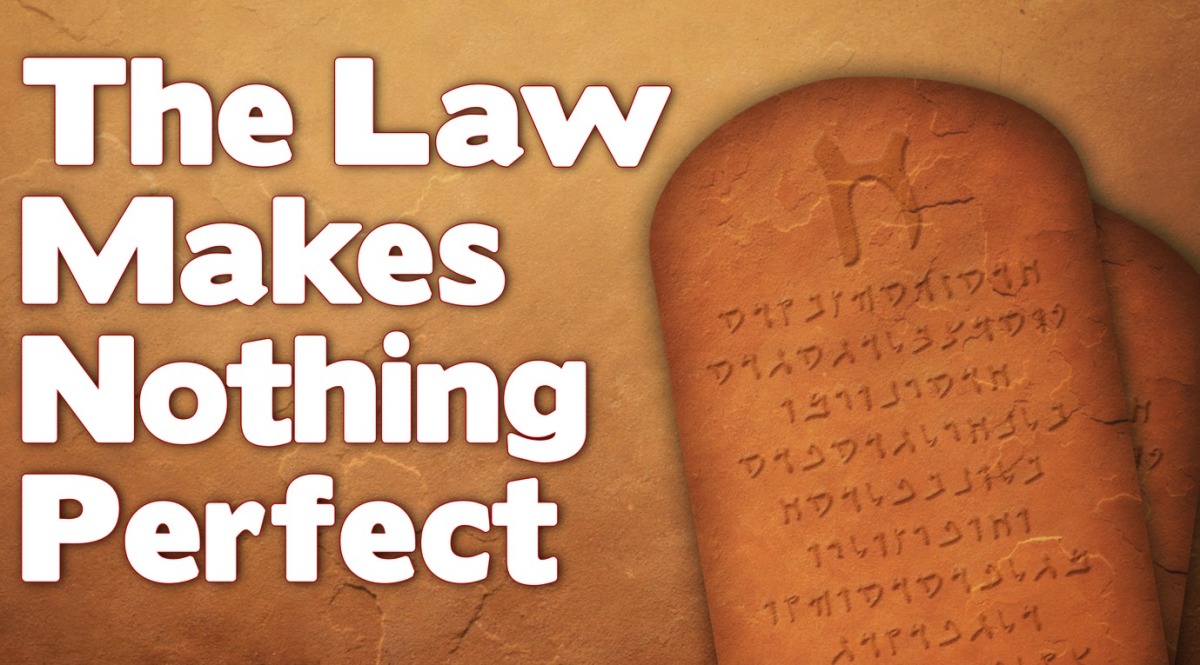Today’s reading is James 3.
James says, “Not many of you should become teachers, my brothers.” The author of Hebrews said, “For though by this time you ought to be teachers, you need someone to teach you…” So which is it? Should we all be teachers or should not many of us be teachers?
Perhaps we gain clarifying insight in James 3:13-14. If not many should be teachers, who should? Wouldn’t it be those who are wise and understanding? Who then is wise enough and understanding enough to be one of the few, the humble, the teachers? Not those who are prompted by jealousy and selfish ambition. Rather, those who by their good conduct show their works in the meekness of wisdom. Recognize those who have bitter jealousy and selfish ambition in their hearts, are false to the truth when they boast. Did you catch the connections to previous statements in this letter? Those who don’t bridle their tongues deceive their hearts (James 1:26). The unbridled tongue boasts of great things (James 3:5). Teachers who do so from selfish ambition boast, deceive, and generally pursue and promote a worthless religion.
Having now seen where James is going to end up, we can more fully grasp the warning in this first verse. James doesn’t say not many should ever teach, but not many should “become teachers.” We all teach even if only by example (see Colossians 3:16). But not all have a role or work as a teacher (see Acts 13:1; Ephesians 4:11; 1 Timothy 1:6-7). Some, competing for greater honor, desire to have the role of teacher. These need to recognize they aren’t signing up for greater honor; they are signing up for greater judgment.
The danger is, of course, we all stumble in what we say. James has already said of all disciples, if we don’t bridle our tongues, we are deceiving our hearts and pursuing worthless religion. Much more so as teachers. If teachers don’t bridle their tongues, they are doubly in trouble. They are pursuing worthless religion and promoting it to others. But what a charge and warning. Think about it. How hard is it to bridle your tongue when your role is to speak? That sounds really hard.
I find it interesting as James goes on to discuss the sins of the tongue for teachers, he actually doesn’t highlight teaching error. He highlights cursing, judging, grumbling, quarreling, speaking evil of our brothers. Certainly every teacher and everyone who teaches must fear lest we teach error, but perhaps there are some other sins of the tongue of greater concern to which teachers are susceptible.
Not many of us should be teachers because it takes work and maturity to be a teacher. But all of us should be teachers because all Christians should grow and work at maturity.
Tomorrow’s reading is James 3.
PODCAST!!!
Discuss the Following Questions with Your Family
- What are your initial reactions to the chapter and the written devo above?
- What sins of the tongue must teachers be most concerned about?
- How can a teacher balance the need to bridle the tongue when the teacher’s role is to speak?
- What must we work on and grow in so we can teach?
- What do you think we should pray for and about in light of this chapter and today’s post?




